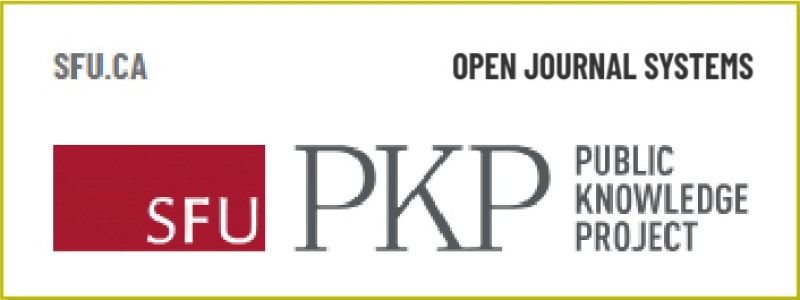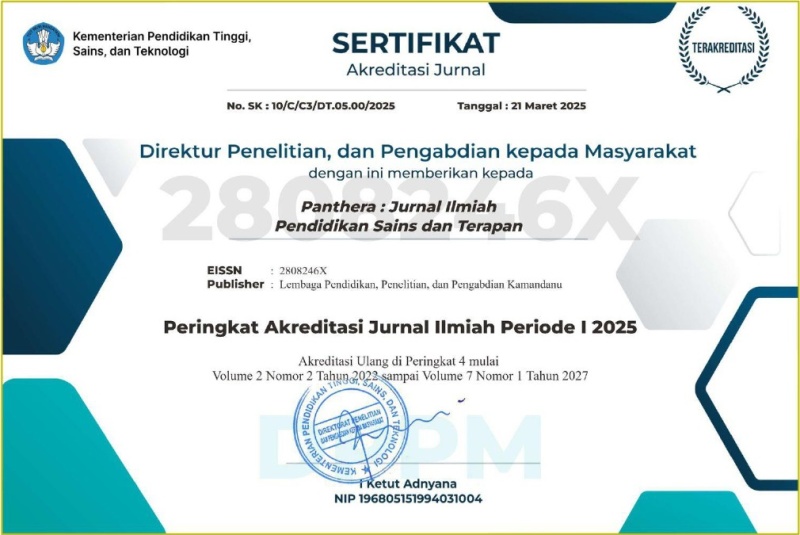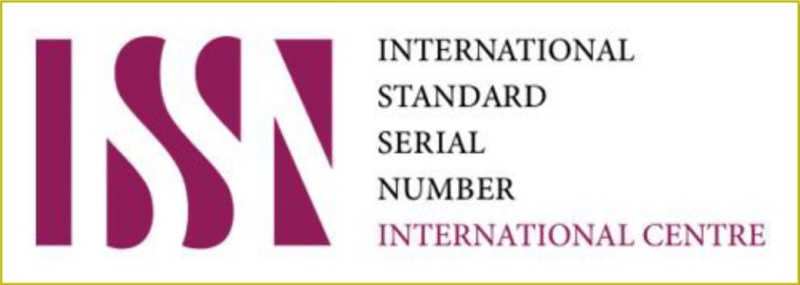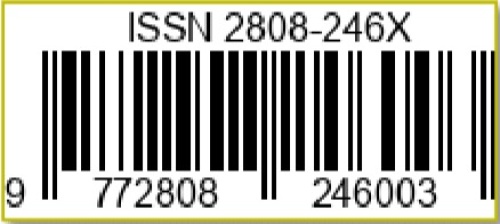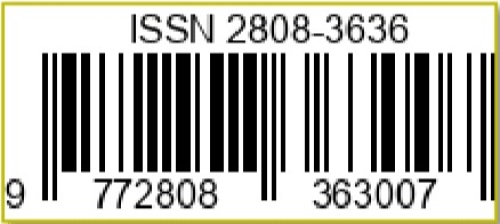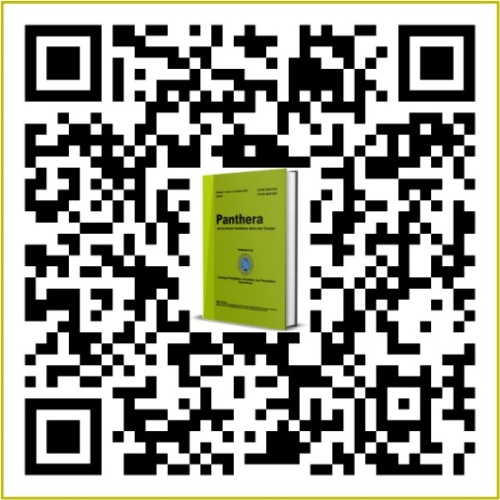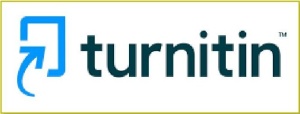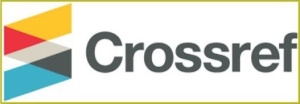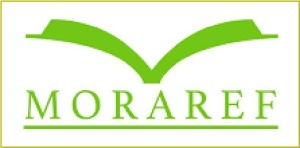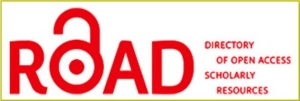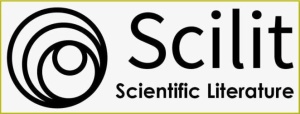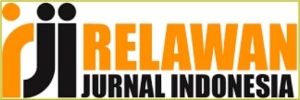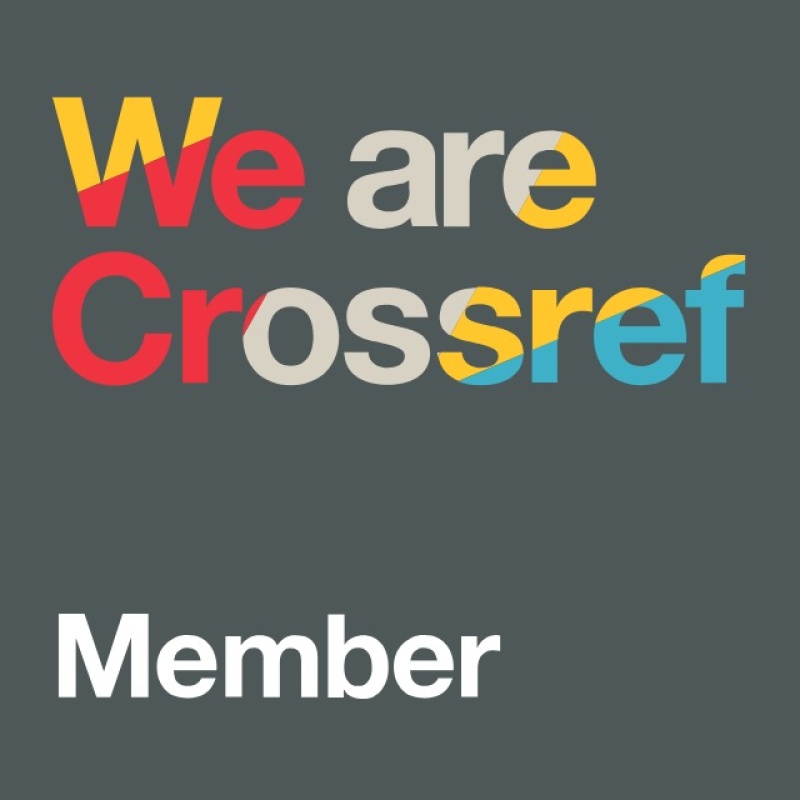Pembelajaran IPA Berbasis Problem Based Learning Ditinjau dari Keterampilan Proses Sains Siswa
DOI:
https://doi.org/10.36312/panthera.v3i4.232Keywords:
Science Process Skills, Problem Based Learning, Science.Abstract
The purpose of this research is to determine differences in student learning outcomes based on science process skills with the problem based learning model seen from student learning outcomes at Keruak 1 Middle School, East Lombok Regency. This type of research is quasi-experimental, taking samples using purposive sampling. The sample for this research was 43 male students from class VIII. Data collection techniques in this research used observation, documentation and tests. The research instrument used questionnaires and written tests. The results of this research include: 1) science learning using a problem based learning model based on science process skills makes teaching and learning activities more enjoyable; 2) the highest category of student learning outcomes is found in the skills aspect; and 3) students can develop their potential to be more active in learning about the respiratory system material. The problem based learning model is able to provide opportunities for students to be able to solve a problem in a project through real experience. However, there are still some aspects that are low, such as the attitude aspect, where students are just getting to know this learning model. More varied learning will be useful in improving students' skills through problem based learning models based on science process skills or other learning models according to the subject matter.
Downloads
References
Badan Standar Nasional Pendidikan. (2006). Model Silabus dan Rencana Pelaksanaan Pembelajaran Mata Pelajaran Ilmu Pengetahuan Alam. Jakarta: Departemen Pendidikan Nasional.
Budiyono. (2013). Statistika untuk Penelitian. Surakarta: UNS Press.
Capraro, R. M., Capraro, M. M., & Morgan, J. R. (2013). STEM Project-Based Learning. Rotterdam, The Netherlands: Sense Publishers.
Chang, C. S., Wong, W. T., & Chang, C. Y. (2011). Integration of Project Based Learning Strategy with Mobile Learning: Case Study of Mangrove Wetland Ecology Exploration Project. Tamkang Journal of Science and Engineering, 14(3), 265-273. https://doi.org/10.6180/jase.2011.14.3.10
Hamalik, O. (2013). Kurikulum dan Pembelajaran. Jakarta: PT. Bumi Aksara.
Ningrum, E. (2013). Pengembangan Strategi Pembelajaran. Bandung: Putra Setia.
Noor, J. (2012). Metodologi Penelitian. Jakarta: Kencana Prenada Media Group.
Ristanto, R. H. (2010). Pembelajaran Berbasis Inkuiri Terbimbing dengan Multimedia dan Lingkungan Riil Ditinjau dari Motivasi Berprestasi dan Kemampuan Awal. Tesis. Universitas Sebelas Maret.
Saputri, M., Muliadi, A., & Safnowandi. (2022). Profil Minat Belajar Siswa dengan Model Pembelajaran Problem Based Learning (PBL) pada Kelas XI. Educatoria : Jurnal Ilmiah Ilmu Pendidikan, 2(3), 148-155. https://doi.org/10.36312/ejiip.v2i3.98
Sulthon. (2016). Pembelajaran IPA yang Efektif dan Menyenangkan bagi Siswa Madrasah Ibtidaiyah (MI). Elementary, 4(1), 38-54. http://dx.doi.org/10.21043/elementary.v4i1.1969
Wibowo, P. H., Indrowati, M., & Sugiharto, B. (2012). Pengaruh Penggunaan Modul Hasil Penelitian Bentos pada Pokok Bahasan Pencemaran Lingkungan terhadap Keterampilan Proses Sains Siswa Kelas X SMA Negeri 1 Mojolaban. Jurnal Pendidikan Biologi, 5(1), 70-80.
Wulandari, A. S., Suardana, I. N., & Devi, N. L. P. L. (2019). Pengaruh Model Pembelajaran Berbasis Proyek terhadap Kreativitas Siswa SMP pada Pembelajaran IPA. JPPSI: Jurnal Pendidikan dan Pembelajaran Sains Indonesia, 2(1), 47-58. https://doi.org/10.23887/jppsi.v2i1.17222

Downloads
Published
How to Cite
Issue
Section
License
Copyright (c) 2023 Zainal Abidin

This work is licensed under a Creative Commons Attribution-ShareAlike 4.0 International License.
-
Attribution — You must give appropriate credit, provide a link to the license, and indicate if changes were made. You may do so in any reasonable manner, but not in any way that suggests the licensor endorses you or your use.
-
ShareAlike — If you remix, transform, or build upon the material, you must distribute your contributions under the same license as the original.

